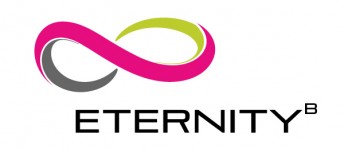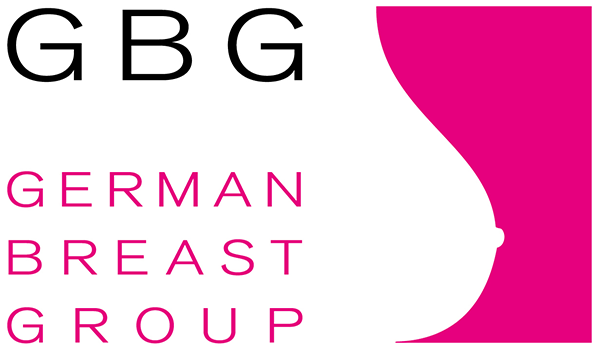
Registry for long-term follow-up of safety and efficacy parameters of GBG study participants outside Germany
Registry for long-term follow-up of safety and efficacy parameters of GBG study participants outside Germany
Primary Objective: Evaluation of long-term-survival endpoints.
ETERNITY-B is a prospective and retrospective, international, multicenter, non-interventional, observational study for collection of long-term safety and efficacy parameters of former GBG study participants from prospective clinical studies on early-stage breast cancer.
The B stands for Breast.
ETERNITY is intended only for patients outside Germany.
For long-term follow-up in Germany see: Register for patient self-reporting (GBG 071)
Rationale
Although the impact on long-term patient survival and safety is a decisive factor for drawing conclusions on the benefit-risk ratio of investigational treatment strategies, treatment recommendations for early and advanced stage breast cancer are mostly based on the primary results of randomized clinical trials with a relatively short follow-up time at read out.
Longer collection of survival and safety data is important to provide a better understanding of the efficacy of certain investigational treatment strategies as well as to identify late onset toxicities and long-term quality of life.
To address this issue we have successfully established a patient-self-reported outcome (PSRO) registry (GBG 71) in Germany. However, as GBG 71 is not available for our European and non-European partners, we have set up the international register study ETERNITY-B to collect a similar data set as in GBG 71 focused on long-term outcome.
Patients
Patients will be eligible for ETERNITY-B if they have participated and received treatment in a GBG clinical trial for early breast cancer. Inclusion in ETERNITY-B requires a signed informed consent. Data collection and documentation of follow-up will start after the regular end of the respective GBG trial or with the start of the post study follow-up period as defined in the respective study protocol.
The first study to offer former study patients the opportunity to participate in ETERNITY-B was the PENELOPE-B study for patients at study centers outside Germany; further studies are currently in preparation: SASCIA (GBG102) and GeparPiPPa (GBG105).
Design
Patients will be informed about the registry by the treating physician at the study site. Inclusion and registration can take place after informed consent of the patient. Documentation of follow-up should start after the regular end of study or with the start of follow-up period as defined in the respective study protocol.
The post study long-term-outcome follow-up will be assessed according to local/national guidelines. Data should be documented at least once a year in the registry.
Relapse and safety assessment will be performed and survival status will be collected in all registered patients. Here, the investigator may conduct evaluations or assessments within regular follow-up visits. However, telephone contact or contact in writing with the patient or treating physician or relatives in case of death is also acceptable. Imaging tests (e.g. mammography and/or staging workup) are recommended according to local/national guidelines for follow up and in case of symptoms suspicious for locoregional or distant relapse.
In case of disease recurrence it is recommended to confirm diagnosis by histological examination. If performed a FFPE tumor tissue block from the metastatic lesion should be provided to GBG.
A correlation of the follow-up registry database with the respective study databases is possible via the patient identification number of the participant.

Participating countries:
Austria, Belgium, France, Ireland, Italy, Japan, South Korea, Spain and Switzerland.
Contact
Dr. Thomas Ballhausen
